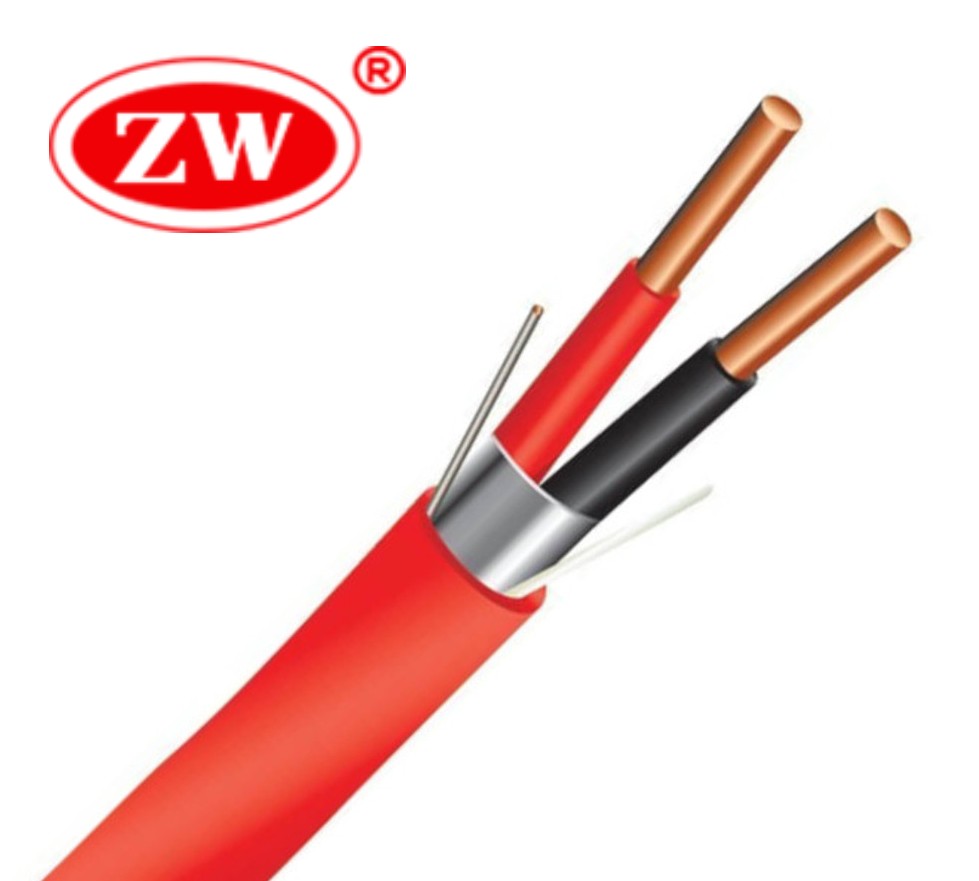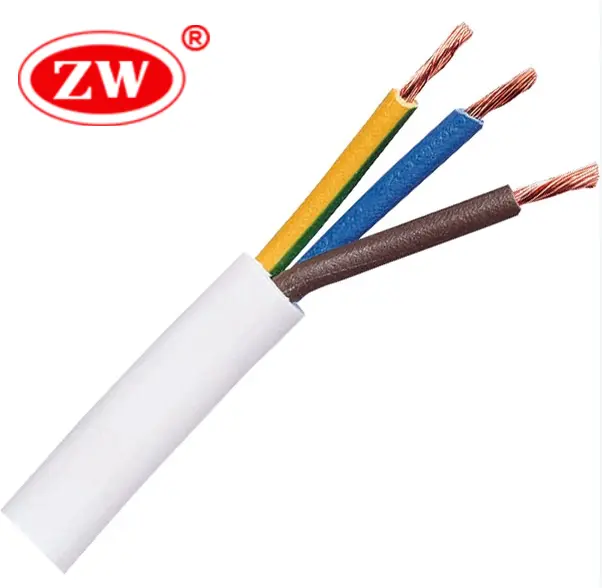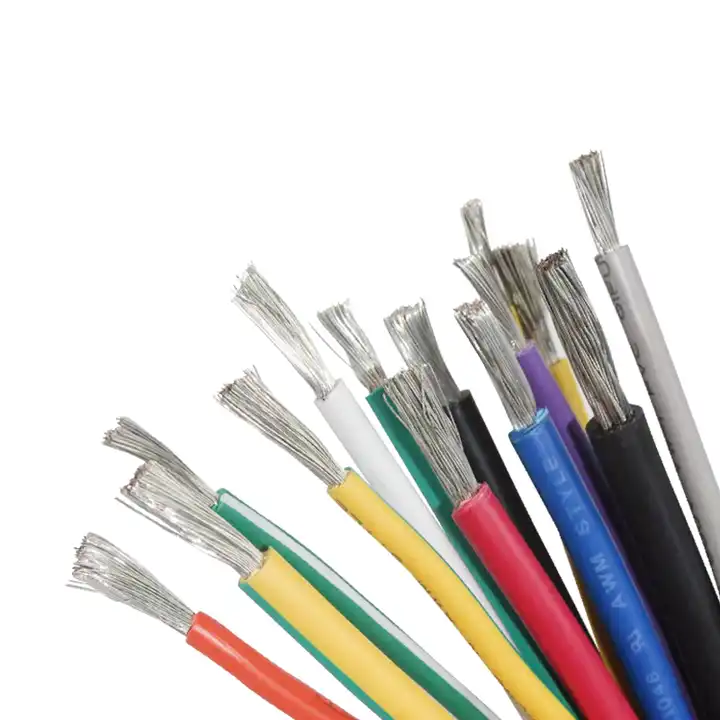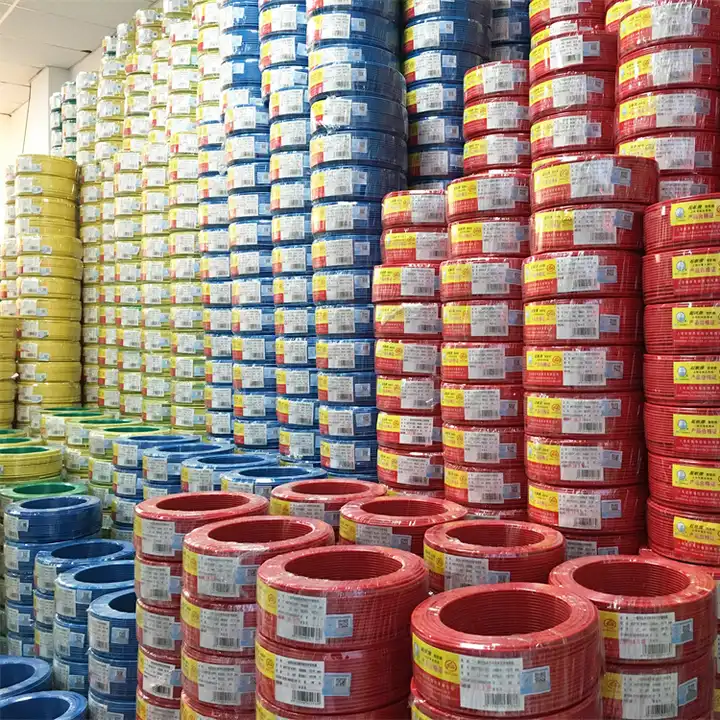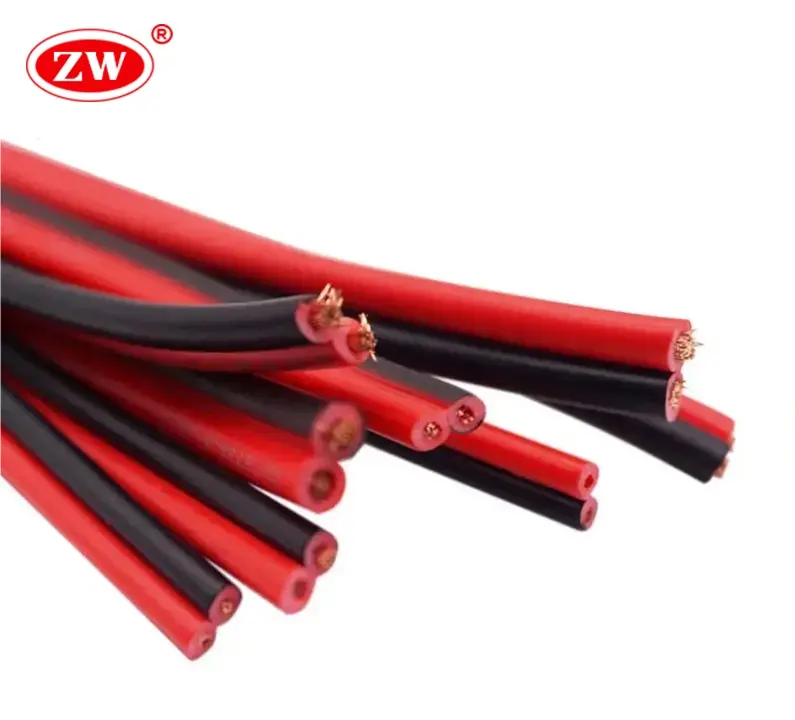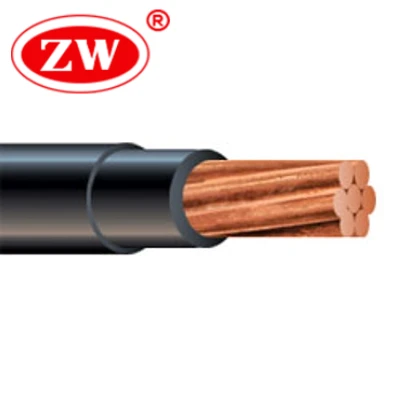Electrical Wire Meaning
Electrical wire is a conductive wire made of electrically conductive material, usually consisting of a conductor, insulation, and sheath, in which the conductor carries current, insulation protects the conductor from leakage or short-circuit, and the sheath is the outer layer of protection and shielding. The most common materials used for electrical cable wire are copper and aluminum, which are conductive materials insulated as wires. And Electric cable is usually stranded wire, providing increased flexibility. Electrical wires are often color-coded to indicate their purpose and function in electrical installations and is often sold in spools.
Types of Electrical Wire
• NM cable (non-metallic sheathed cable): Electrical wire for house, primarily used for general residential electrical wiring, powering outlets, switches, lighting fixtures, and other household electrical devices.
• Twin and Earth Cable: It can be used as Electrical wire for outlet, and its advantages are flexibility, space-saving, and easy installation.
• Hoop-up wire: A general-purpose type of electrical wire used for a variety of low-voltage applications.
• UF cable (underground electrical wire): A specific type of electrical cable designed for direct burial in the ground without needing a protective conduit.
• THHN/THWN wire: THHN (Thermoplastic High Heat-resistant Nylon-coated) and THWN (Thermoplastic Heat and Water-resistant Nylon-coated) are single-conductor wires with tough nylon coatings. They are commonly used for general-purpose wiring in dry and wet locations.
• Speaker Wire: A type of electrical cable used to connect between audio devices and speakers.
• SE cable (service-entrance cable): A type of electrical cable used to supply power from the utility company’s distribution system to the building’s main electrical panel (service entrance). It is designed for outdoor use and can be used in overhead or underground installations.

